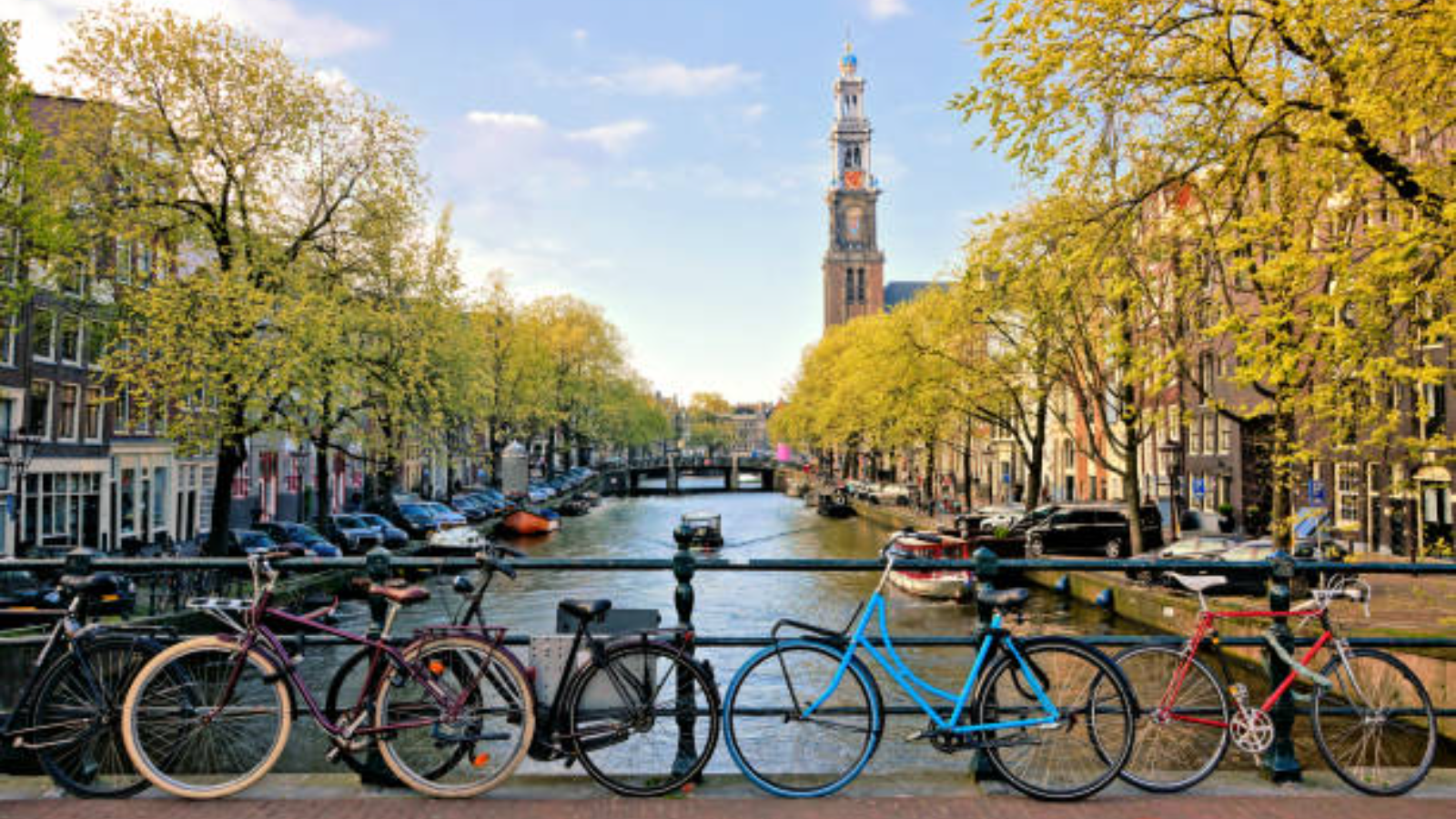In this Article
Introduction
In an era where technology is rapidly transforming our lives, cities around the globe are leveraging smart technologies to enhance urban living. These “smart cities” integrate information and communication technologies (ICT) to optimize the efficiency of city operations and services, improve the quality of life for residents, and ensure sustainable growth. This article explores the top 7 smart city examples from around the world, highlighting the innovative practices that make them stand out.
We’ll delve into their unique approaches to sustainability, connectivity, and citizen engagement.
Top 7 Smart City Examples
By highlighting the unique approaches of these top 7 smart cities, we aim to inspire other cities to adopt smart technologies and create a better future for their residents.
1. Singapore
Singapore is often heralded as the gold standard for smart cities. The city-state has implemented a wide array of smart technologies to manage everything from traffic flow to public safety.
- Smart Nation Initiative: Launched in 2014, this initiative employs sensors and data analytics to improve urban living. For example, real-time data from traffic cameras helps manage congestion and optimize public transportation routes.
- e-Government Services: Singapore offers a comprehensive suite of online services that make it easier for residents to interact with government agencies.
- Sustainable Development: The city uses smart water management systems and energy-efficient buildings to reduce its environmental footprint.
2. Barcelona, Spain
Barcelona has been a pioneer in smart city technologies, focusing on sustainability and citizen engagement.
- Smart Lighting: The city has installed smart streetlights that adjust their brightness based on pedestrian activity, saving energy and reducing light pollution.
- Urban Mobility: Barcelona’s smart traffic management system uses sensors and data analytics to optimize traffic flow and reduce congestion.
- Citizen Participation: The city has developed platforms for residents to participate in decision-making processes, fostering a sense of community and engagement.
3. Amsterdam, Netherlands
Amsterdam leverages technology to enhance urban living while prioritizing sustainability and inclusivity.
- Smart Mobility: The city uses real-time data to manage traffic and public transportation, reducing congestion and improving air quality.
- Circular Economy: Amsterdam promotes a circular economy by encouraging the reuse and recycling of materials, supported by smart waste management systems.
- Inclusive Innovation: The city involves residents in the development of smart city projects, ensuring that innovations meet the needs of all citizens.
4. Tokyo, Japan
Tokyo is embracing smart technologies to address the challenges of its dense population and aging infrastructure.
- Smart Transportation: The city uses AI and IoT to optimize public transportation routes and schedules, improving efficiency and reducing delays.
- Disaster Management: Tokyo employs advanced monitoring systems to detect and respond to natural disasters, enhancing public safety.
- Energy Efficiency: The city has implemented smart energy systems to reduce consumption and promote the use of renewable energy sources.
5. Dubai, UAE
Dubai is rapidly transforming into a smart city, driven by its ambitious vision for the future.
- Smart Government: Dubai offers a wide range of e-government services, making it easier for residents and businesses to interact with government agencies.
- Smart Transportation: The city is developing autonomous transportation systems, including self-driving cars and drones, to improve mobility.
- Sustainable Practices: Dubai is investing in renewable energy and smart water management systems to reduce its environmental impact.
6. Helsinki, Finland
Helsinki is a leader in smart city innovation, focusing on sustainability and citizen engagement.
- Smart Mobility: The city uses real-time data to optimize public transportation and reduce congestion.
- Sustainable Development: Helsinki promotes energy-efficient buildings and renewable energy sources to reduce its carbon footprint.
- Citizen Participation: The city involves residents in the development of smart city projects, ensuring that innovations meet the needs of the community.
7. Vienna, Austria
Vienna is a leader in smart city innovation, focusing on sustainability and quality of life for its residents.
- Smart Mobility: The city uses real-time data to optimize public transportation and reduce congestion.
- Sustainable Development: Vienna promotes energy-efficient buildings and renewable energy sources to reduce its carbon footprint.
- Citizen Participation: The city involves residents in the development of smart city projects, ensuring that innovations meet the needs of the community.
Conclusion
Smart cities represent the future of urban living, leveraging technology to improve efficiency, sustainability, and quality of life. From Singapore’s Smart Nation Initiative to Vienna’s focus on citizen participation, these cities offer valuable lessons in how to harness the power of technology for the greater good. As more cities around the world embrace smart technologies, the potential for innovation and improvement is limitless.
How Can We Help?
At AlphaX, we offer a comprehensive ecosystem designed to help cities overcome the challenges of smart city development. Our solutions include advanced data analytics, IoT integration, and sustainable development practices. We work closely with city planners and stakeholders to create customized solutions that meet the unique needs of each city.
For more information on how we can help your city become smarter and more sustainable, visit AlphaX Contact Us.
References
Related Blog Posts
How Smart Cities Connect: Getting Started with Edge AI and IoT Technology
How to Get Started with Edge AI and IoT Technologies in Smart Cities: Overcoming Integration Challenges In recent years, the concept of smart cities has evolved from a futuristic Read More
5 Step Strategy: Ensuring Security and Privacy in 15-Minute Smart Cities
Introduction Ensuring security and privacy in 15-minute smart cities is a critical challenge as urban areas become increasingly connected through IoT and edge AI technologies. These cities aim to Read More
What is a smart city and the challenge of legacy systems
How to Get Started with Integrating Legacy Systems in Smart Cities Smart cities are transforming urban landscapes by leveraging technology to improve the quality of life for residents. However, Read More




